Petrochemical Additives Carbon Fibre 26-10-2019 - Arhive
Petrochemical Additives Carbon Fibre
-IVL commits to eliminate plastic pollution
IVL’s new 100% rPET fibre brand Deja. © IVLIndorama Ventures (IVL), a leading chemical producer, has announced its commitment as part of the New Plastics Economy to help create a world where plastic never becomes waste. The company is now accelerating its efforts in support of a very ambitious goal to increase recycled content volumes by at least 750,000 tonnes, while also recently pledging US$ 1.5 billion towards achieving this target by 2025.
The company is among 400 organisations that committed to eliminate problematic plastic packaging and increase the use of recycled plastic in packaging. The New Plastics Economy Global Commitment calls on companies and governments to innovate solutions enabling plastic to be 100% reusable, recyclable, or compostable.
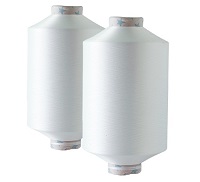
-Umicore opens new facility for the production of fuel cell catalysts in Korea
Umicore inaugurated its new production facility for fuel cell catalysts in SongDo Incheon City (Seoul area), Korea, close to Umicore’s technology development center for catalysts. The facility will support the growth of Hyundai Motors Group as well as other automotive customers.
Umicore expects to ramp up production in 2020 and allows for further expansion beyond 2020. With this production expansion in Korea and the existing production capacity in Hanau, Germany, Umicore is well placed to serve the growing demand for fuel cell catalysts from its automotive customers globally.
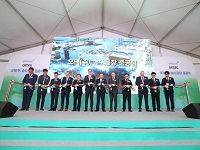
-Partners take recycled PET flake to food-grade preforms
Italian stretch blowing molding machine maker Sipa SpA partnered with Austrian recycling machine maker Erema Group GmbH to develop a way to use 100 percent recycled PET flake to produce preforms approved for food contact.
Called Xtreme Renew, the system allows preforms for PET bottles to be made entirely from post-consumer waste in a single heat cycle, which officials of Vittorio Veneto-based Sipa say is better for the environment and business.
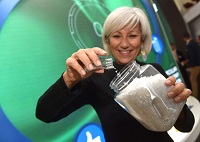
-Truetzschler’s portal solution for higher productivity
The foundation for high yarn quality is established in the blow room. Careful bale opening is a fundamental pillar of this process. Only in this way, a homogenous tuft flow is ensured for optimal downstream processing.
The latest Truetzschler innovation in the blowroom Portal Bale Opener BO-P is designed to allow significantly more bales to be placed side by side and processes them in parallel using two opening rolls. This results in significantly better blending and higher productions of up to 3,000 kg/h, according to the manufacturer.
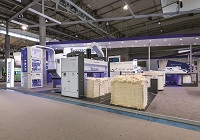
-BRAZIL PROMOTES A STRONG REDUCTION OF TARIFFS IN MERCOSUR BUT SAYS IT MUST HAVE CONSENSUS
Brazilian officials informed parliamentarians and representatives of the productive sector on Tuesday that a document sent to a Mercosur group to debate a drastic reduction in tariffs, mainly for those that protect industrial goods, is just a starting point for a discussion that, in order to achieve results, must have the consensus of the industry itself and Brazil’s partners in the South American customs bloc.
The information disclosed reaffirmed the will of President Jair Bolsonaro’s government to move towards a greater opening of the largest economy in Latin America and detailed that the material taken to Mercosur’s “Ad Hoc Group to Analyze the Consistency Dispersion of the Common External Tariff (CET)” should be considered as a “methodological hypothesis for the tariff review”.
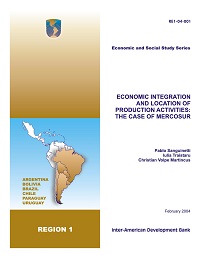
-Evonik launches world’s first bioresorbable copolymers for medical device applications
Specialty chemicals company Evonik claims to have launched the world’s first bioresorbable portfolio of polylactide-polyethylene glycol (PLA-PEG) copolymers for use in implantable medical device applications.
Evonik launches world’s first bioresorbable copolymers for medical device applications
Specialty chemicals company Evonik claims to have launched the world’s first bioresorbable portfolio of polylactide-polyethylene glycol (PLA-PEG) copolymers for use in implantable medical device applications.
Resomer PLA-PEG copolymers combine the hydrophobic properties of PLA polymers with the hydrophilic properties of PEG. The portfolio can replicate the mechanical strength of standard Resomer polymers but degrade up to six times faster as a result of the triblock structure. Additionally, the unique combination of strength and rapid degradation means that medical device companies can develop a new class of bioresorbable implant devices for use across application areas.

-Environmental chemist launches reusable glass bottle resistant to breaking
Environmental chemist turned entrepreneur Walt Himelstein has created ShatterSafe, a reusable glass bottle coated in a plastic resin produced to combat the worldwide single use plastics problem.
The ShatterSafe glass bottle allows for consumption of hot or cold beverages on the go and is also dishwasher safe.
The bottle’s interior is pure glass and the exterior is coated with a safe, permanently adhered, impact-resistant plastic resin.
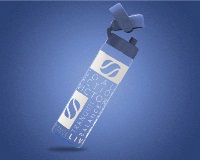
-TOMRA shoots for 40 percent recycling of plastic packaging
TOMRA has committed to enable 40 percent of plastic packaging produced globally each year to be collected for recycling by 2030. President and CEO Stefan Ranstrand made the announcement at Our Ocean conference held in Oslo on October 24, 2019.
Currently, only 14 percent of plastic packaging is captured for recycling. And only two percent of this is recycled in a ‘closed loop’, meaning it can be reused again for the same purpose without being downgraded to lower quality plastic.
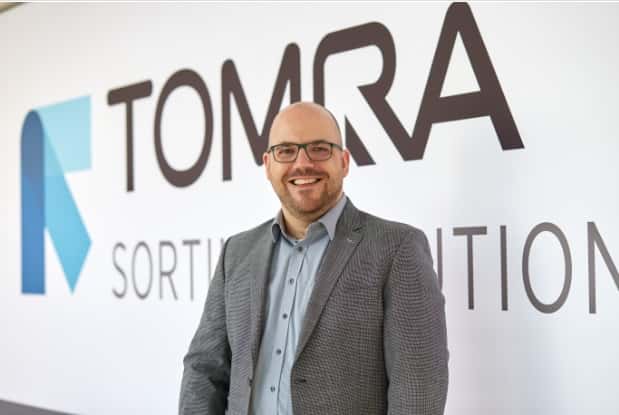
-Six candidates nominated for “Biocomposite of the Year 2019”
Natural fiber composites and wood plastic composites compete for 7th annual innovation award.
Today, up to 80% of plastics can be replaced by bio-based fillers such as wood flour and cork or reinforced by natural fibers. These biocomposites are available for almost every application — including packaging, consumer goods, building façades and interior components, and automotive parts — as demonstrated by this year’s nominated companies.
The winners of the innovation award “Biocomposite of the Year 2019” will be chosen at the 8th Biocomposites Conference Cologne (Nov 14-15, Cologne, Germany), where exciting new biocomposite technologies and applications will be discussed via a broad range of topics.
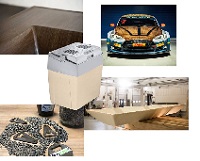
-Mono-material hot fill cups out of foamed PET
SML is developing foamed sheet for hot fill applications with new features in terms of heat resistance, insulation and recyclability in a joint R&D programme together with its partner KIEFEL. The basis for these new products is a 3-layer PET (or PP) sheet with a physically foamed central layer, which were presented at K 2019.
Mono-material foamed PET or PP sheet produced from SML’s new systems have features that can help to replace difficult-to-recycle hot fill applications made of expanded polystyrenes. Generally, PS is permitted for food applications, but it is considered to release the chemical compound styrene into the environment.
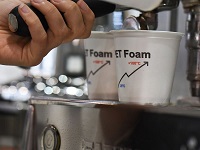
Petrochemical Additives Carbon Fibre
